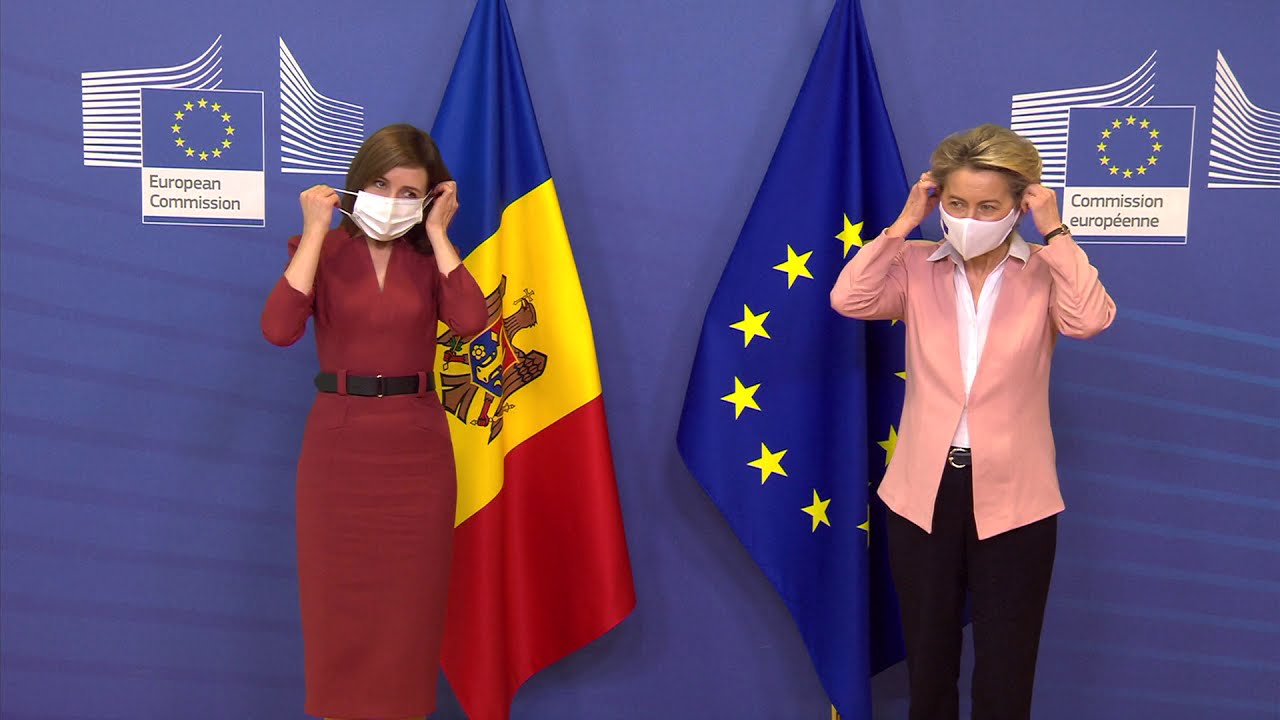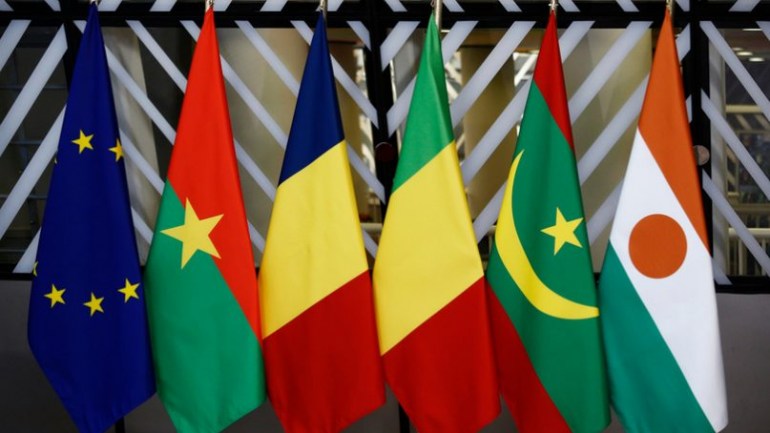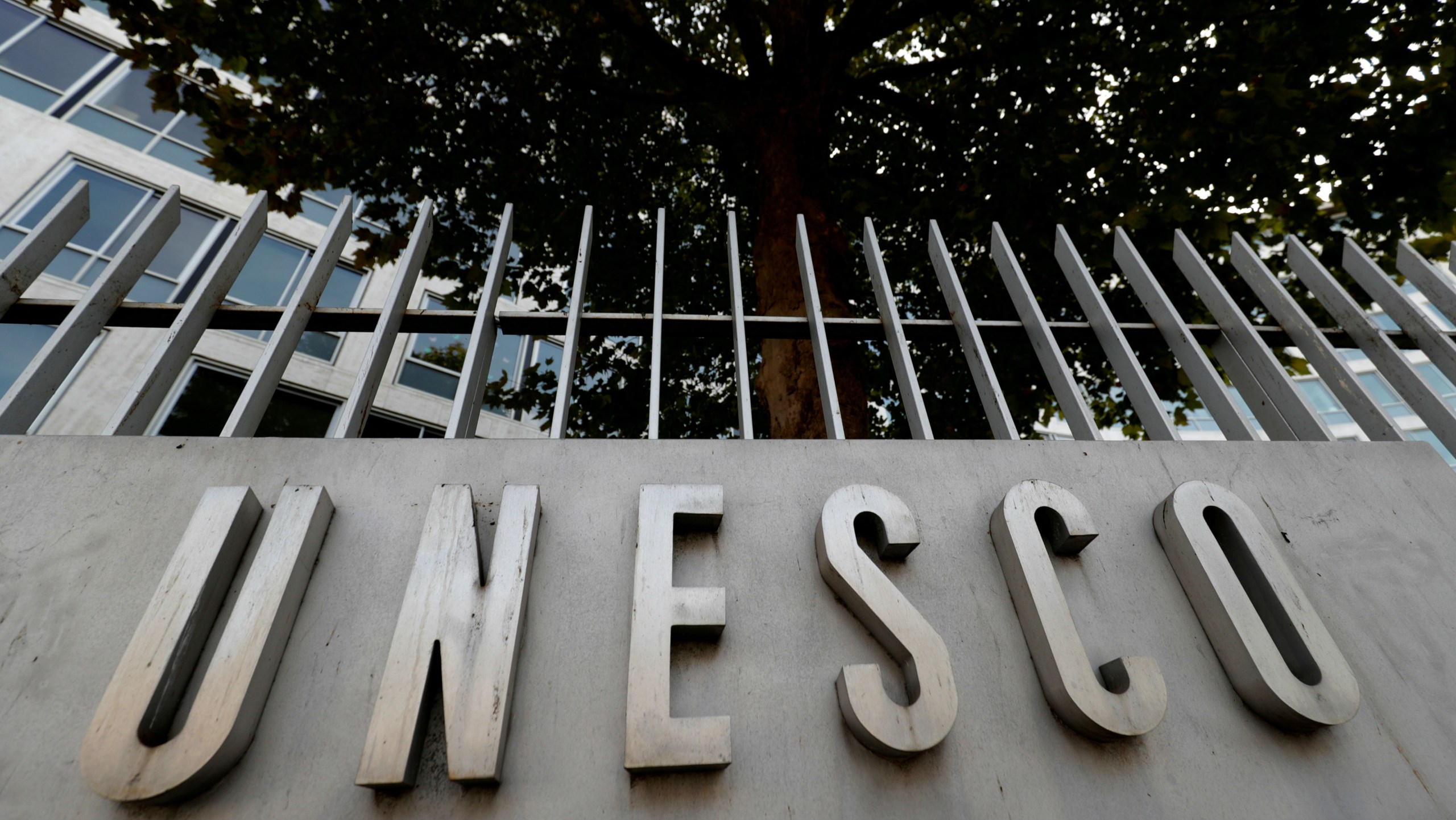
Moldova’s second tour of presidential elections from November 15th, saw the leader of the pro-Western Action and Solidarity Party (PAS), Maia Sandu, score an electoral slam dunk over the pro-Russian president and now leader of the Party of Socialists (PSRM), Igor Dodon, with 57.75% of the votes ahead of his 42.25%. Sandu’s victory was hailed by many commentators as a blow to Putin’s grip on its former Soviet republic, especially in light of the ongoing protests in Belarus which orbit around the country’s Russian-backed strongman, Alexander Lukashenko, denying his pro-reformist counter-candidate, Svetlana Tikhanovskaya, her electoral victory.[1]
Consequently, European leaders, but also Vladimir Putin, have been quick to congratulate Maia Sandu on her victory, the European Commission President, Ursula von der Leyen, declaring her victory a ‘clear call to tackle corruption and restore respect for the rule of law’.[2]
Nevertheless, while Sandu’s election represents the Moldovans’ unequivocal expression for democratic ideals and further association with Europe, domestic challenges, as well as Russia’s politico-economic influence, still face Moldova with a very vulnerable reform process ahead. As a semi-parliamentary republic, Moldova’s westward orientation remains at the moment primarily symbolic, its presidential mandate being sharply restricted in regards to domestic executive attributes. This has been recently proven by Dodon’s socialist-led parliament, which ahead of Sandu’s official inauguration, passed a bill at the beginning of last December that stripped the Presidential office of its control over the country’s Information and Security Service (SIS), placing it instead under the parliament’s command.[3]
POLICY PAPER | As Moldova Turns to Europe Again, How Should Europe Respond? — by @andrei_stnc with contributions of
@HelmutScholzMEP
@MihaiPopsoi
@mihai_mogildea
For the entire paper
https://t.co/j8MjGUc0ib pic.twitter.com/EDOECFcCHK
— Vocal Europe (@thevocaleurope) January 19, 2021
Click Here to Read the Entire Policy Paper
__________________________________
[1] Reuteoi, N. (2020, November 25th). Foreign Policy. Moldova’s Election Result Is a Blow to Russia’s Regional Dominance. Available at: https://foreignpolicy.com/2020/11/25/moldovas-election-result-is-a-blow-to-russias-regional-dominance/
Roth, A. (2020, November 16th). The Guardian. Moldova election: blow to Kremlin as opposition candidate sweeps to victory. Available at: https://www.theguardian.com/world/2020/nov/16/moldova-election-blow-kremlin-opposition-candidate-sweeps-victory-maia-sandu
[2] Ursula von der Leyen [@vonderleyen]. (2020, November 16th) Felicitări @sandumaiamd. Twitter. Available at: https://twitter.com/vonderleyen/status/1328277031084290049
[3] RFE/RL’s Moldovan Service (2020, December 3rd). Moldova’s Parliament Strips President-Elect Of Control Over Intelligence Service Amid Protests. Available at: https://www.rferl.org/a/moldova-s-parliament-strips-president-elect-of-control-over-intelligence-service-amid-protests/30982447.html



